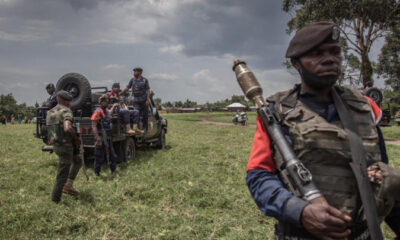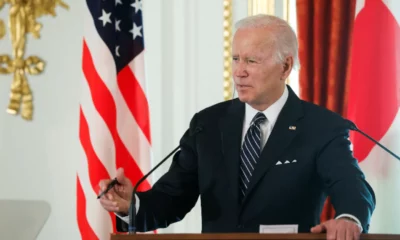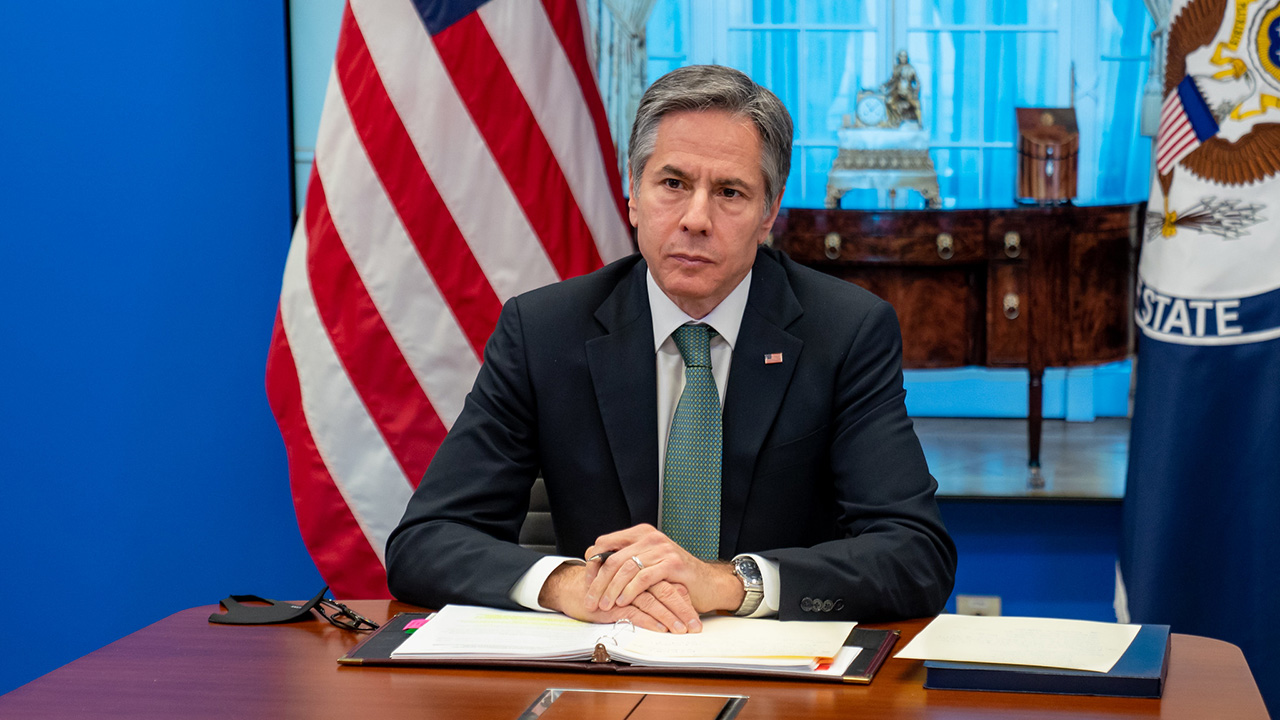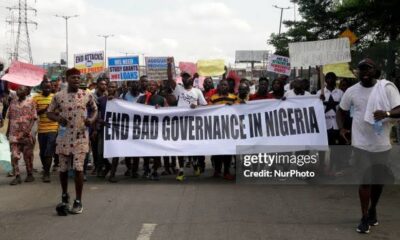The United States President, Joe Biden has made a revolutionary policy on the use of Marijuana in what he regarded as ” steps to end our failed approach”
President Biden in a series of Tweets on Friday said his position remains that no one should be in jail just for using or possessing marijuana. He then announced what would be the official policy of the US in the use of the plant which is widely reckoned as hard drug across the world.
“First: I’m pardoning all prior federal offenses of simple marijuana possession. There are thousands of people who were previously convicted of simple possession who may be denied employment, housing, or educational opportunities as a result. My pardon will remove this burden.” Biden tweeted.
“Second: I’m calling on governors to pardon simple state marijuana possession offenses. Just as no one should be in federal prison solely for possessing marijuana, no one should be in a local jail or state prison for that reason, either.”
“Third: We classify marijuana at the same level as heroin – and more serious than fentanyl. It makes no sense. I’m asking Secretary Xavier Becerra (@SecBecerra) and the Attorney General to initiate the process of reviewing how marijuana is scheduled under federal law.”
President Biden reiterated that “as federal and state regulations change, we still need important limitations on trafficking, marketing, and underage sales of marijuana.”
Marijuana is part of or products from the plant Cannabis sativa that contain substantial amounts of tetrahydrocannabinol (THC).
The cultivation of cannabis is gradually becoming legal in countries across the world as recent research has shown the medical relevance of “the weed. Earlier this week in North Africa, Morocco granted permits to ten firms for the legal use of cannabis in industry, medicine, and export.
Until President Biden’s declaration this morning, the use and possession of cannabis are illegal under federal law for any purpose by way of the Controlled Substances Act of 1970 (CSA) but the medical use is legal with a doctor’s recommendation in 37 states.
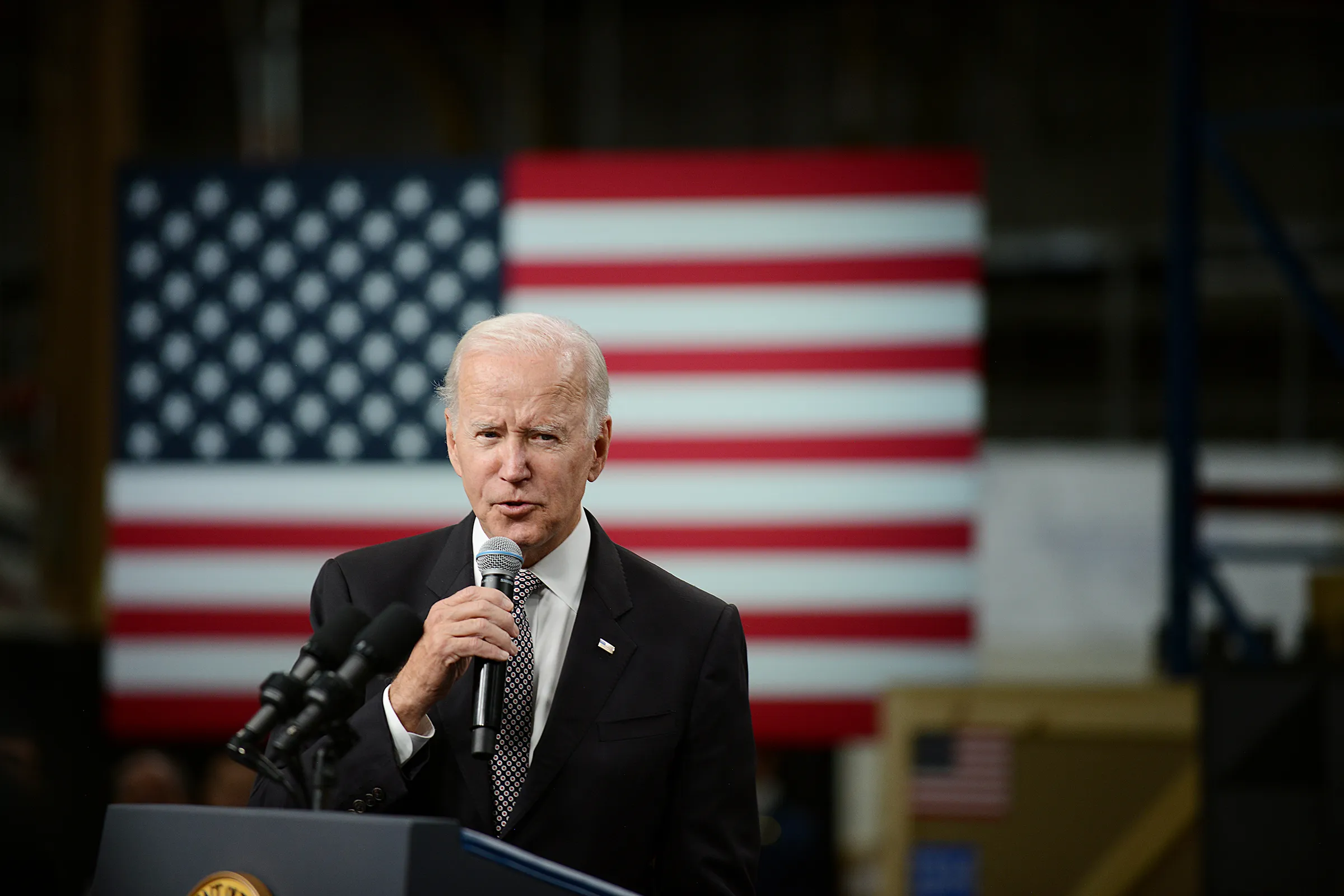

 Metro1 day ago
Metro1 day ago
 Metro20 hours ago
Metro20 hours ago
 Tech20 hours ago
Tech20 hours ago
 Culture20 hours ago
Culture20 hours ago



